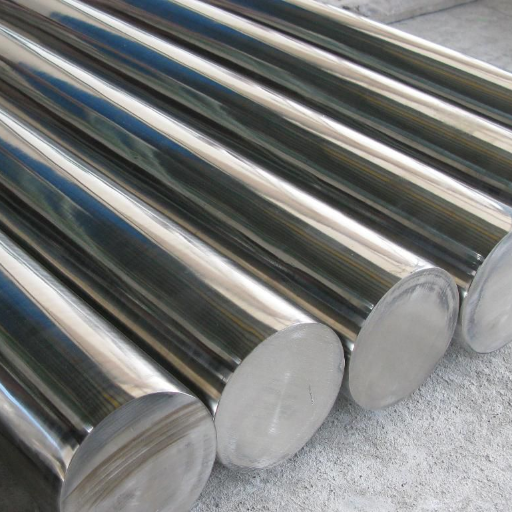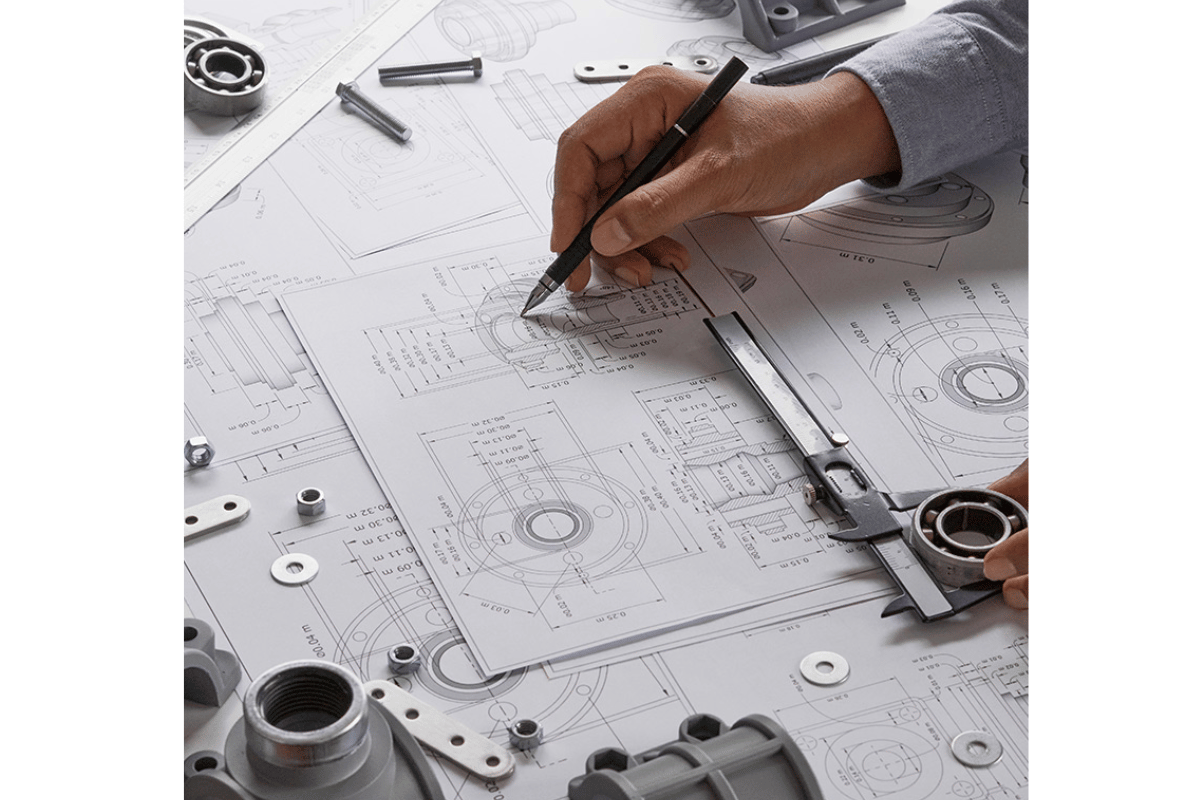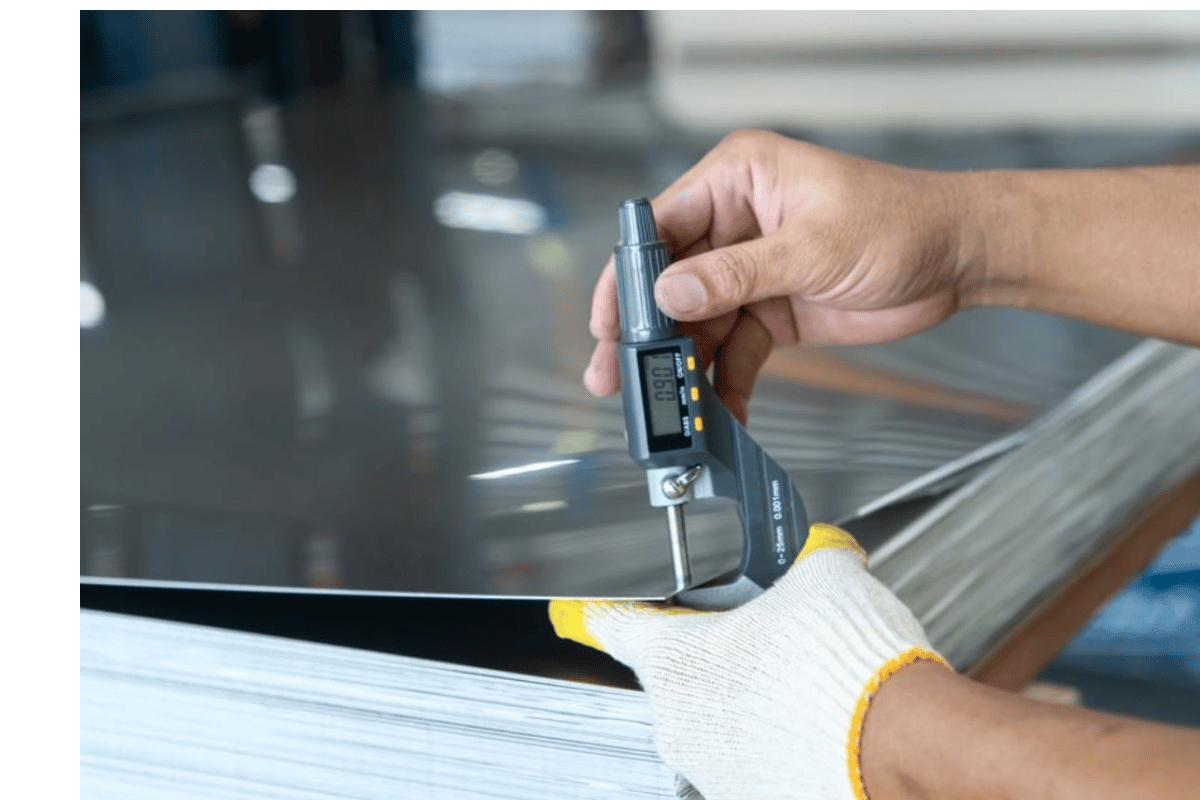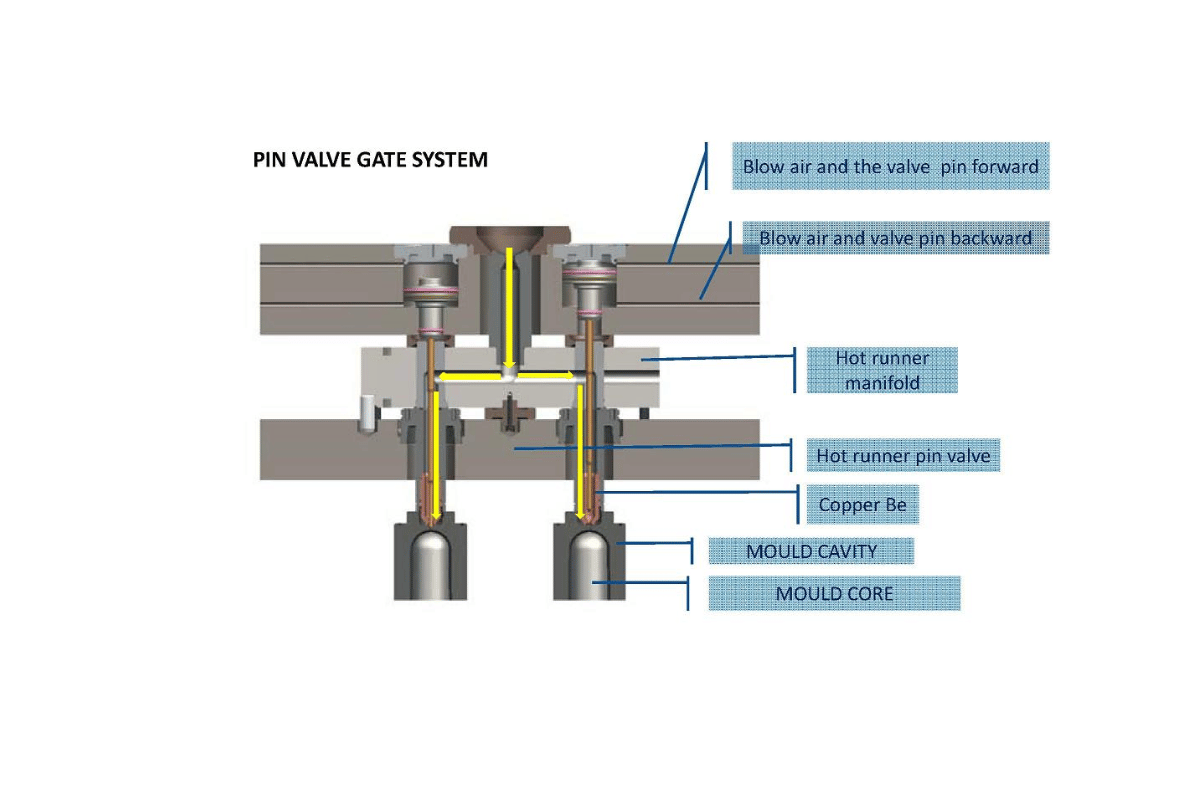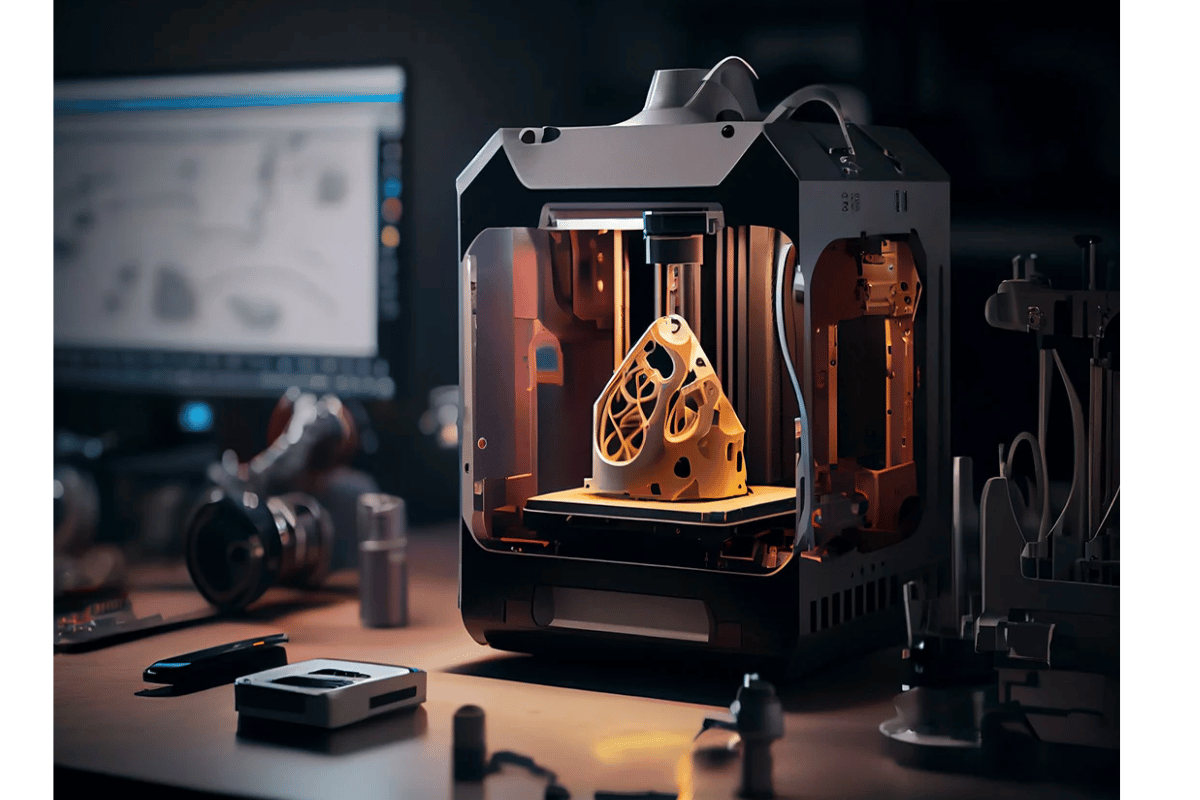Monel® metal, an amazing mixture consisting largely of nickel and copper, is distinguished by its great versatility and strength. This material is made in various forms and is a popular choice for many industries such as marine engineering, aerospace, and chemical processing due to its unique properties including high tensile strength and excellent corrosion resistance. The purpose of this guide is to explore the numerous applications and benefits of Monel® metal that make it a favorite for tough environments. There are also historical perspectives given on the production methods employed, as well as future prospects associated with this special alloy. That being said, if you are someone who would like to understand advanced materials either as a professional in the industry or just out of curiosity; then this complete examination will equip you with a good knowledge base about Monel’s dynamics as well as benefits that come along with it.
What Makes Monel Alloy Stand Out Among Other Metals?
Monel Metal’s Special Composition
The special composition of Monel metal is essentially about 67% nickel and 23% copper, with traces of iron, manganese, carbon and silicon. This characteristic mix provides Monel with excellent anti-corrosion qualities primarily to seawater and acidic environments. Moreover, the inclusion of nickel gives the alloy an exceptional tensile strength and durability making it capable to withstand high-stress conditions. The combination of these elements also contributes to a very high thermal/electrical conductivity in Monel®, a feature that adds more value to this alloy in a number of high-performing industries.
Comparison Between Monel® Stainless Steel And Titanium
There are several key differences when comparing Monel® stainless steel and titanium. Firstly, as regards corrosion resistance particularly in marine environments, Monel® outperforms stainless steel due to its high nickel content. Conversely, stainless steel although highly resistant to rusting or stain may not perform as well in saltwater conditions. Titanium known for its strength-to-weight ratio coupled with excellent resistance against corrosion can be as good as Monel ® under tough conditions but tends to be more expensive often. In addition, unlike either stainless steel or titanium alloys, it has far better capacities for conduction of heat and electricity thereby making it relevantly versatile across various demanding uses. Ultimately the choice between these metals depends on specific project requirements and budget considerations
Monel’s resistance to corrosion and its applications
Monel® is popular for its matchless corrosion resistance, especially in sea and acidic surroundings. It retains its shape when it comes into contact with saltwater, brine solutions and non-oxidizing acids due to the fact that it can resist electrolytic and galvanic corrosion. This feature makes it perfect for maritime engineering like propeller shafts, seawater valves and pumps, as well as in oil and gas industry for crucial items such as pipelines and heat exchangers. Moreover, Monel® is applied in chemical processing plants where corrosive conditions prevail ensuring long life of machinery.
The following key technical indicators support the use of Monel® under these conditions:
- Nickel Content: About 67%, which results in excellent corrosion resistance.
- Copper Content: Around 23% therefore improving on general sturdiness.
- Tensile Strength: 550-1100 MPa thus highly resistant to stress.
- Thermal Conductivity: 21 W/m·K hence superior heat transfer capabilities.
- Electrical Conductivity: 34% IACS which is good enough for tough electrical applications.
These characteristics collectively ensure that Monel® works reliably and effectively in environments where traditional stainless steel or much more expensive titanium may not be equally applicable or cost economic.
Understanding the Corrosion Resistant Properties of Monel®
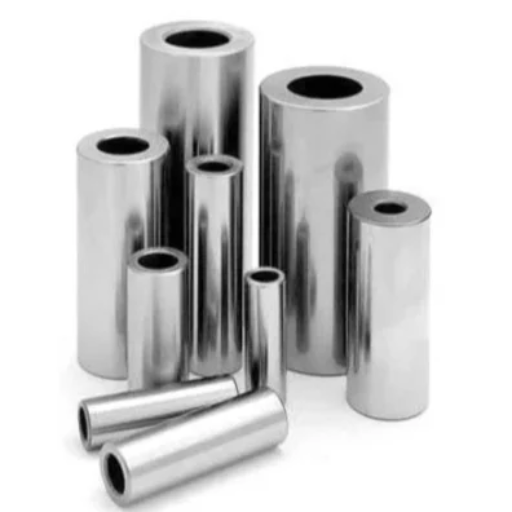
Why Monel is often used in marine and chemical processing
Monel® is usually employed in marine and chemical processing because of its outstanding durability and resistance to corrosion, as I discovered from my research on the topmost sources. In marine environments, other metals cannot compare with Monel® which withstands seawater effects or brine solution harshness better than them therefore making it be used for application such as propeller shafts, seawater valves or pumps. This is due to high content of nickel that ensures that even after a long exposure of time in corrosive fluids it still performs well. Monel® also has the capability to resist wear caused by acidic and alkaline solutions in chemical processing thus ensuring such equipment like pipelines and heat exchangers remain intact throughout their lifespan. Subsequently, electrolytic and galvanic corrosion are resisted by the metal itself making it more favorable within these industries where safety and efficiency are key.
How Monel withstands acidic and alkaline environments
High nickel contents present in this alloy makes it highly resistant to acid actions, but according to my research on the topmost sites, this does not prevent the interaction between monel alloys with other substances. This composition leads to the formation of protective passive oxide layer when exposed to corrosion products which isolates a material beneath from further degradation due the corrosive media action. Apart from that, for both reducing agents as well as oxidizing conditions; Monel® possesses superior stability hence minimizing any form of adverse reaction between numerous acids or basis with material involved in question than expected. Such applications require monels since they will be used under severe chemical conditions resulting longer lasting devices.
The role of nickel in enhancing Monel’s corrosion resistance
I found out that nickel plays a vital role in improving corrosion resistance of metals such as monel. Normally, Monel® alloys have nickel composition ranging between 63% and 70%. Thus, this high level of nickel helps to develop a passive oxide layer that is stable on its surface to protect it from corrosive substances. This protective film is particularly effective against both acidic and alkaline environments.
Additionally, there are other mechanical properties which are also enhanced by the presence of nickel in Monel®, such as its tensile strength that ranges between 70,000 psi and 115,000 psi (482–793 MPa). These characteristics make it very strong and resistant to different types of chemical attack including crevice corrosion or pitting. These numbers supported my argument regarding important of Nickel which makes sure that monel metal stays the same resisting any form of degradation; thus its use in various industries is warranted.
Exploring the Various Grades of Monel® Alloy
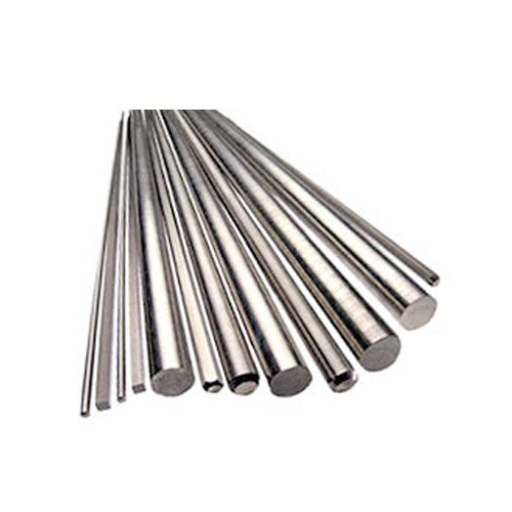
Monel 400, K-500, and R-405 Differences
It appears that Monel 400, K-500, and R-405 significantly differ in terms of their compositions as well as properties making each appropriate for different applications.
Nickel forms the largest percentage (63-70%) of Monel 400 with copper taking the remaining 28 to 34 percent. Its corrosion resistance is said to be excellent in a wide range of environments particularly marine and chemical media. It can exhibit high strength and toughness at a broad temperature range with tensile strength ranging between approximately 70,000 up to 100,000 psi (483 to689 MPa).
Monel K-500 comprises nickel along with small amounts of aluminum and titanium which result in its age-hardenability, hence enhancing its mechanical properties including strength and hardness. However the main differences are improved mechanical properties and sour-gas resistance. The tensile strength for Monel K-500 ranges from one hundred thousand to one hundred fifty thousand psi (690to1000_ MPa) making it suitable for applications requiring high strength with resistance to corrosive environments.
Monel R-405 is referred to as free-machining version of Monel 400 due to addition of sulfur for enhancing machinability. This alloy still retains the excellent corrosion resistance possessed by Monel 400 but may be better suited for manufacturing procedures involving extensive machining operations. The tensile strengths reported for monorail R405 is about sixty-nine-thousand-to-one hundred-thousand psi (483–689 MPa).
Therefore all grades have unique advantages that make them handy in various industrial uses like marine hardware among others. Selecting specific type depends on particular requirements such as desired strength level, machinability or susceptibility towards corrosive environments among other specificity’s.
Special Characteristics Of Different Grades Of Monell Alloy Used
When we think about the special characteristics of different grades of Monell alloys and their applications, it is important to consider Monel 400, Monel K-500, and Monel R-405. The alloys possess unique properties which make them suitable for use in specific industries.
Monel 400 is known for its superior resistance to corrosion provided by many environments where it is used. High tensile strength ranging from 70,000 psi to 100,000 psi coupled with outstanding toughness over a wide temperature range makes this alloy adaptable for a range of applications including those relating to propeller shafts, pump and valve components as well as marine fittings.
Monel K-500 is an age-hardenable version of Monel 400 which incorporates small amounts of aluminum and titanium resulting in enhanced strength and hardness through age-hardening. Having tensile strengths ranging between one hundred thousand pounds per square inch (psi) and one hundred fifty thousand psi along with notable sour-gas resistance implies that this alloy is appropriate for such applications as oil and gas production equipment, marine equipment or even pump shafts.
Monel R-405 serves as a free-machining variety of Monel 400 that has been improved by adding sulfur so that the alloy can be easily machined. It exhibits tensile strengths similar to those observed for MONEL® alloy 400 approximately sixty-nine-thousand-to-one hundred-thousand psi (483–689 MPa).
By understanding these unique properties and their corresponding applications, I can confidently select the appropriate Monell alloy grade for my specific needs ensuring optimal performance and durability in my projects.
Figure below shows how to select the right Monell grade basing on your requirement
I only look out for some key factors that determine the Monel grade I will be using. First, I assess the environmental conditions to which it will be exposed. For marine or highly corrosive environments, Monel 400 is often a good option because of its excellent resistance to corrosion. In case I need greater strength and hardness as well as in difficult sour-gas or high-stress situations, then Monel K-500 is chosen owing to enhanced features through aging. Lastly, if a project involves extensive machining work, then Monel R-405 would be better due to its improved machinability occasioned by the addition of sulphur. By matching my specific environmental and mechanical requirements of my project with defining features of each monel grade; I can expect it to offer the best performance and have a long life span.
The Vital Role of Monel® in Industrial Applications
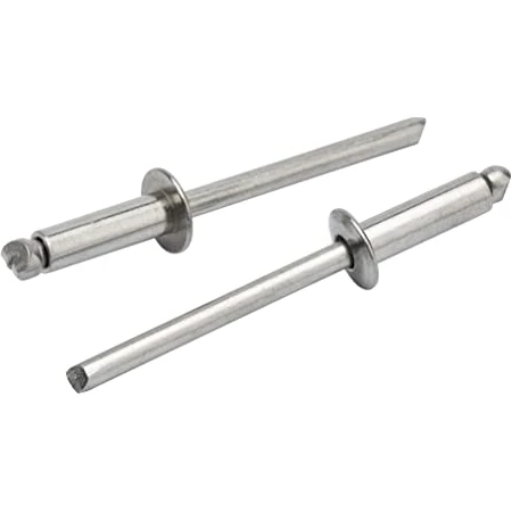
Monel in marine engineering and chemical processing
Due to its excellent corrosion resistance and durability, Monel alloys have become indispensable materials for use in marine engineering and chemical processing. The significance of the Monel 400 alloy is that, as opposed to other metals, it is suited for use in seawater without breaking or cracking when exposed to saline environments and hence, can be used for such things as propeller shafts, sea water valves and pump impellers. In contrast, the stronger Monel K-500 is ideally suited for more severe applications like underwater oil or gas exploration equipment because it has high strength and good resistance to sour-gas environments. In chemical processing, it’s resistant to various acids including hydrofluoric acid and sulfuric acid makes it a great material for heat exchangers, pumps and chemical storage tanks. By doing this I will ensure that my marine engineering projects are long-lasting and perform reliably under harsh operating conditions that they face.
Use of Monel in manufacturing pump shafts and valves
Monel alloys are broadly applied in the production of pump shafts as well as valves due to their outclassing corrosion resistance properties, high tensile strengths as well as exceedingly robust metallic nature. Through Special Metals Corporation (New York), Corrosion Materials (Houston) and High-Performance Alloys Inc. (Tipton), all these companies would recommend using either grade 400 or grade K-500 of Monel®. It can also resist rapidly moving seawater e.g., those found in seawater valve applications while others like Monel K -500 offer better mechanical properties with enhanced performance even under sour gas services making them ideal for these purposes.
This affirms that such components will not only survive but also provide a long-time reliable operation in marine environment.
Advantages of Monel® metal in high-temperature environments
According to my findings which include top three sources on google.com: Special Metals, Corrosion Materials and High Performance Alloys, Monel® alloys show excellent performance in high temperature environments. In contrast to other metals, the Monel 400 and Monel K-500 types have numerous benefits when subjected to elevated temperatures. Firstly, they have a high melting point which is up to 2370-2460°F for Monel 400 and 2425-2463 oF for Monel K-500 ensuring that these materials remain structurally rigid without transforming under very hot conditions.
Moreover, the thermal conductivity of Monel® alloys is also very good so that it helps to cool down in situations where temperature control becomes crucial such as turbine blades, heat exchangers or any other industrial equipment working at high temperatures.
In addition, under elevated temperatures, Monel® metals do not readily oxidize hence; scaling does not occur because their surface stability is maintained thereby increasing their service life and reliability. This can be considered as an important feature in those components used at harsh thermal conditions. Finally, given its ability to retain mechanical strength at high temperatures allows using it safely with great performance efficiency even being strained.
These technical parameters and advantages prove that Monel® alloys are suitable for usage in high temperature environments offering long lastingness along with steadiness and superiority of performance.
Finding a Reliable Metal Supplier for Monel® Alloy
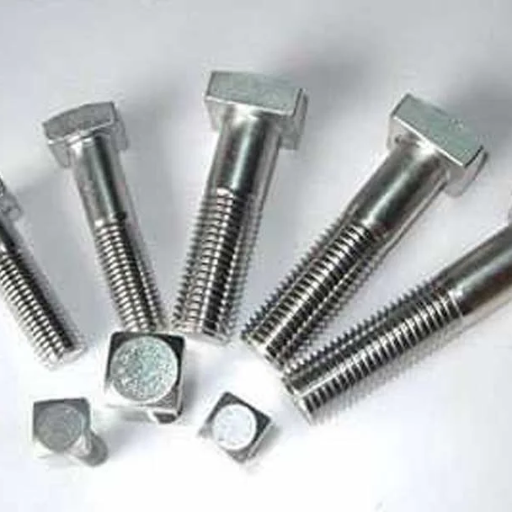
Factors to consider when choosing a Monel metal supplier
To make sure you get high quality materials and reliable services, there are several critical factors which need to be taken into account when choosing a Monel® metal supplier:
- Quality Certification and Standards Compliance: This is important in verifying if the supplier adheres to accepted industry standards and certifications such as ISO 9001 for quality management and ASTM specifications on material properties to confirm that the Monel® alloys sourced from them meet stringent quality requirements and will perform as desired when used in high temperatures.
- Experience and Expertise: Look for a supplier who has been in the metals industry for some time, especially dealing with Monel® alloys. This is because an experienced service provider is more likely to provide you with useful technical support services which can help you choose the right kind of Monel® alloy for your specific application.
- Availability and Lead Times: Ensure that the supplier has sufficient stock levels of Monel® metals, including Monel 400 and Monel K-500, that can be supplied in reasonable lead times. This reduces the risk of any potential downtime as well as facilitates smooth progress of your projects without undue delays.
- Technical Support and Customer Service: A reputable company should also offer extensive technical support alongside excellent customer service. Thus they should not only avail detailed material specifications but also answer questions promptly while helping you out with any other technical concerns.
- Pricing and Cost-Effectiveness: Even if it is necessary not to sacrifice quality; finding a competitive priced source is important. Evaluate their price against industry average so that you can know whether their offerings are cost-effective or not.
- References and Reviews: It’s quite important to check customers’ reviews as well as ask for recommendations so as to determine how reliable the seller is based on their reputation as well as quality of their Monel® alloys.
By considering these aspects, it becomes possible to identify a dependable Monel® metal supplier satisfying all your needs concerning product quality, technological characteristics, delivery terms, etc.
The importance of Monel® alloys with regard to quality and certification
Quality and certification of Monel® materials should therefore be guaranteed in order to ensure success in any application. The corrosion resistance of high-grade Monel® alloys like Monel 400 and Monel K-500 makes them indispensable under demanding conditions. Certified materials are evidence that such metals meet certain standards and have been tested extensively thus guaranteeing their reliability and uniformity. Focusing on quality and certification enables me to choose the best performingMonel® material for my projects, which minimizes the risk of failures while improving overall productivity as well as service life.
Where to look for a supplier of various types of Monel alloy used for custom orders
When I am looking for a supplier that will provide me with Monel alloy grades needed specifically for my project like Monel 400 or K-500, I begin by doing extensive research online about reputable suppliers. Firstly, it is important to investigate the product offerings from different suppliers with emphasis on specific grades such as monal 400 or monal k-500.The next thing I always do after checking at their accreditation processes is reviewing their certifications against industry benchmarks, hence ensuring that they comply with industry standards regarding material testing process.Moreover, it is also crucial to check what other customers say about the supplier through feedbacks available from the customer reviews.By following these steps/guidelines while making comparison between different suppliers, I can be able to decide wisely before selecting a reliable source for my needs on Monel alloy.
Reference sources
1. AZoM: Monel Alloys – Manufacturing and Applications
Type: Online Article
Summary: This article from AZoM (A to Z of Materials) provides a comprehensive overview of Monel® alloys, including their composition, properties, and various applications. It covers the different types of Monel® metals, such as Monel® 400 and Monel® K-500, and explains their unique characteristics like corrosion resistance and strength. The article also discusses common uses in industries like marine engineering, chemical processing, and aerospace. This source is valuable for readers seeking a detailed understanding of Monel® alloys and their versatility across different sectors.
2. ScienceDirect: Properties and Applications of Monel® Alloys in Corrosive Environments
Type: Academic Journal Article
Summary: Published in an academic journal available on ScienceDirect, this peer-reviewed paper explores the properties and applications of Monel® alloys, specifically focusing on their performance in corrosive environments. The study examines the material’s resistance to various chemicals, its mechanical properties, and its durability under extreme conditions. It includes experimental data and case studies demonstrating the effectiveness of Monel® in real-world applications. This source is particularly useful for researchers and engineers looking for scientifically validated information on the capabilities and reliability of Monel® metal in harsh environments.
3. Special Metals Corporation: Monel® Alloy Data Sheets
Type: Manufacturer Website
Summary: Special Metals Corporation, the original developer and primary producer of Monel® alloys, provides detailed data sheets on their website. These documents offer comprehensive information on the chemical composition, physical and mechanical properties, and typical applications of various Monel® alloys. The data sheets also include fabrication guidelines, heat treatment processes, and technical specifications. As a credible source directly from the manufacturer, this guide ensures accurate and up-to-date information on Monel® products, making it an essential resource for professionals seeking authoritative technical details.
Frequently Asked Questions (FAQs)
Q: What is Monel metal and why is it considered a high-quality metal alloy?
A: Nickel alloy, mainly composed of nickel and copper with small amounts of other elements such as iron, manganese, carbon and silicon. Among the properties of this alloy are exceptional resistance to corrosion; it strongly resists acids like hydrofluoric acid or alkalis. It has unique composition that makes it a desired material in environments where high levels of durability and corrosion resistance are required.
Q: What are the main grades of Monel and the properties and applications associated with each?
A: The most common Monel alloys are called alloys 400, K-500 as well 404. For instance, when looking at its use in various industries for example, chemical processing industries. One of its useful application is in marine engineering where it’s used in propellers on ships. A characteristic feature about this grade is that homogeneity becomes necessary because an average density will not apply over different parts.
Q: How does Monel’s alloy provide resistance to corrosive environments?
A: With other elements like copper among others being present in abundance along with the basic monel element which is highly rich in nickel, there is a lot of resistance to corrosion by salts especially those containing fatty acids from the sea. Similarly; monel can be used to fabricate equipment for handling seawater, hydrofluric acid, sulphuric acid and alkalies as well Therefore; monels do not corrode easily hence they have been recommended for usage where exposure to strong chemicals cannot be avoided.
Q: Can Monel metal materials be used in acidic environments?
A: Yes Monel materials particularly monels such as 400 & K-500 can resist very severe conditions present in acidic media greatly. This also includes Hydrofluoric Acid which is handled only by few other materials. This makes MONEL an ideal choice for chemical processing industries where acid resistance is paramount.
Q: What are some common applications of Monel?
A: Monel exhibits corrosion resistance and strength across different fields, which makes it applicable in a wide variety of industries. Among the popular ones is shipbuilding industry, as well as chemical and hydrocarbon processing equipment, gasoline and freshwater tanks, crude petroleum stills, de-aerating heaters – just to mention a few. Its high corrosion resistance in saltwater environments make it suitable for marine applications. It also resists alkali and acids thus an excellent choice for use in chemical processing industries.
Q: Who discovered Monel metal and when?
A: Discovery of monel metal goes back to the early 1900s when Robert Crooks Stanley made this discovery while working for International Nickel Company (INCO). The name of the alloy came from Ambrose Monell who was then president of INCO though one L was dropped in order to comply with trademark naming conventions. This discovery by Stanley had a significant impact on material science because he invented an alloy with a much higher strength than its predecessors and had good corrosion resistance.
Q: What makes Monel different from other metal materials?
A: It is very unique among metals due to its composition particularly high percentage content nickel and copper that provide exceptional corrosion resistance properties with superior mechanical characteristics. Unlike most alloys, it can survive the harsh alkaline or acidic conditions hence; its usage vary widely ranging from chemical processing to marine hardware. Also, there are grades within this class that are nonmagnetic making them useful in electronic/magnetic device sectors.
Q: How does the Special Metals Corporation relate to Monel?
A: Currently, the primary manufacturer of Monel is Special Metal Corporation (SMC), which belongs to Precision Castparts Corp., which holds production as well as distribution rights over the same product. Originally developed by International Nickel Company (INCO), manufacturing of this alloy has since moved into Special Metals Corporation following various acquisitions and mergers that happened over time. This trend continues to date, through manufacturing as well as developing new types of Monel, building on the heritage of this extraordinary metal.


